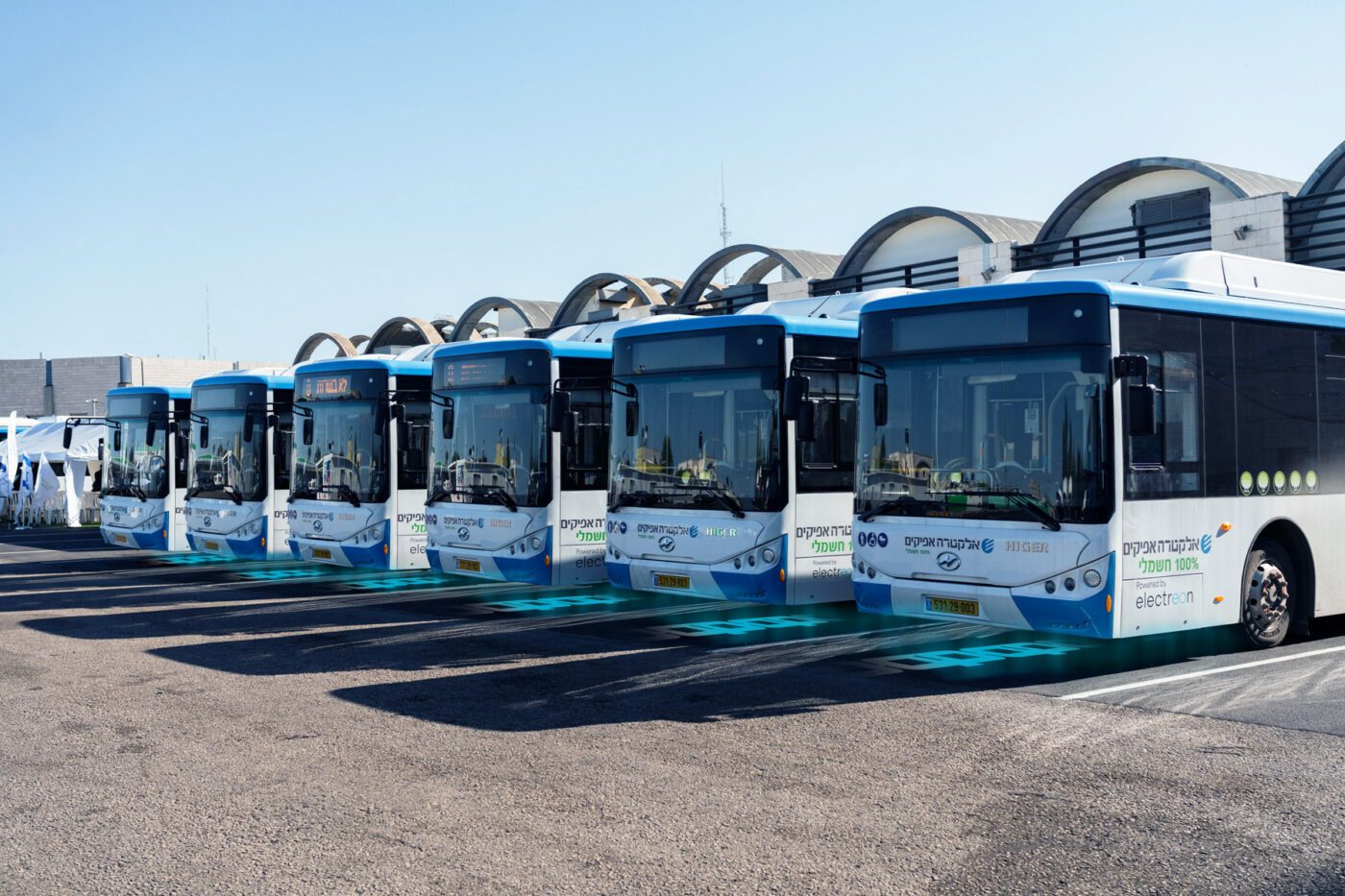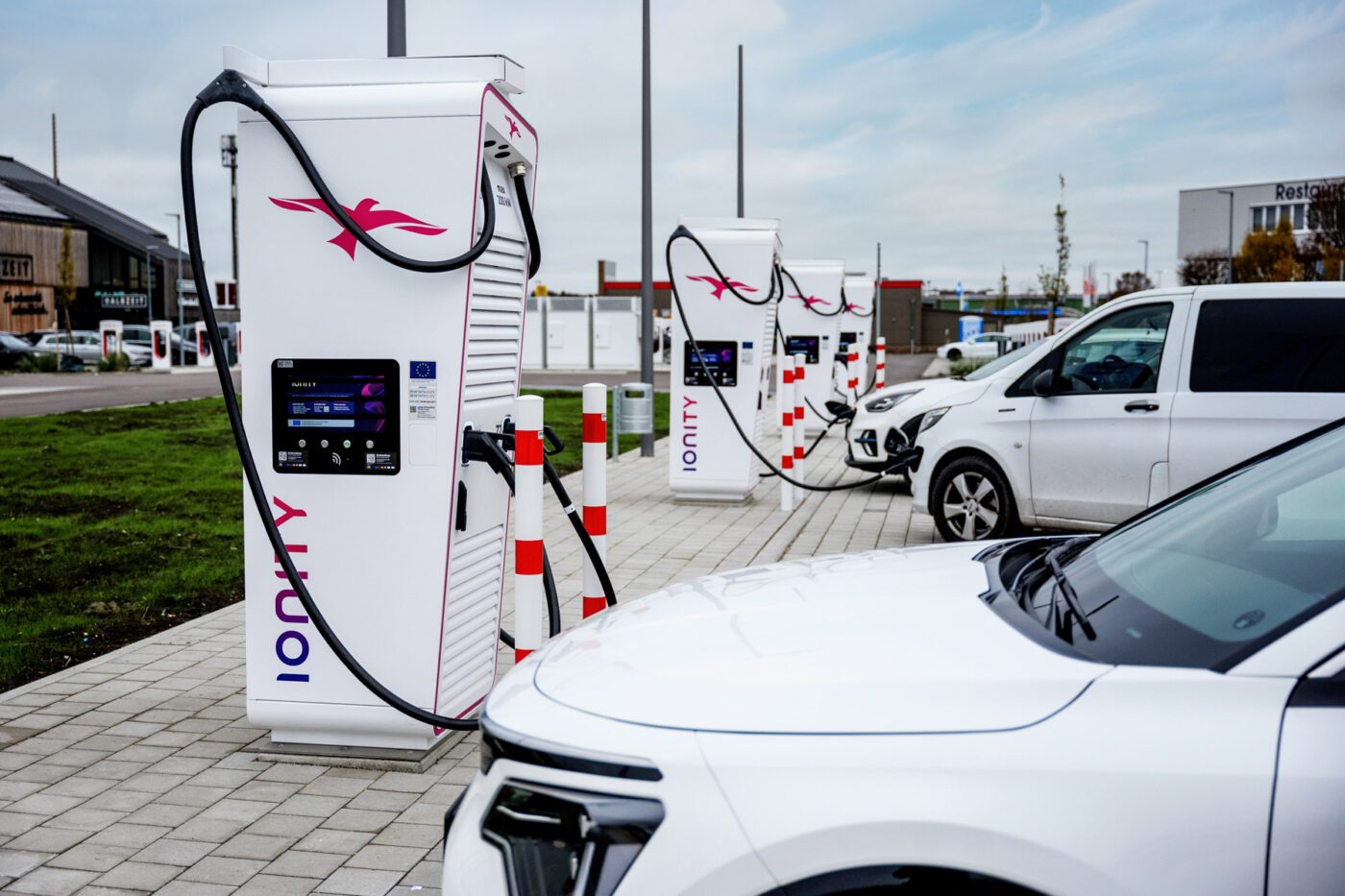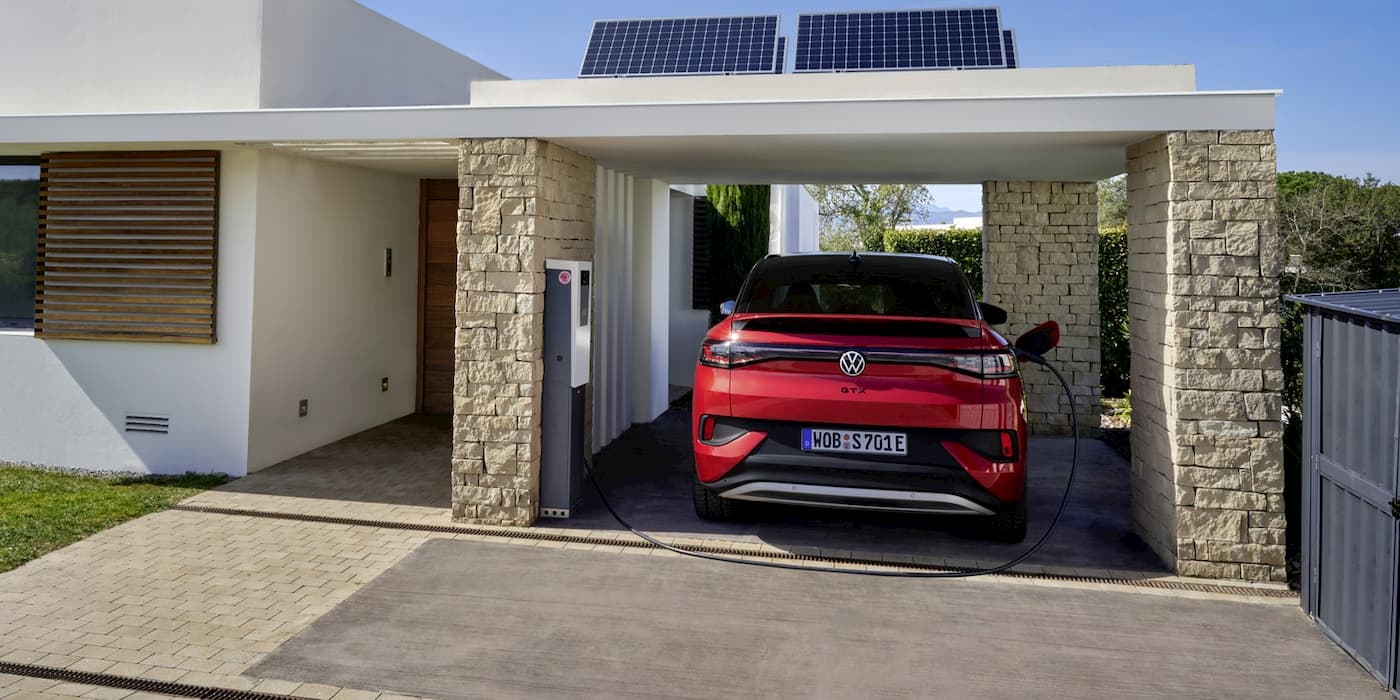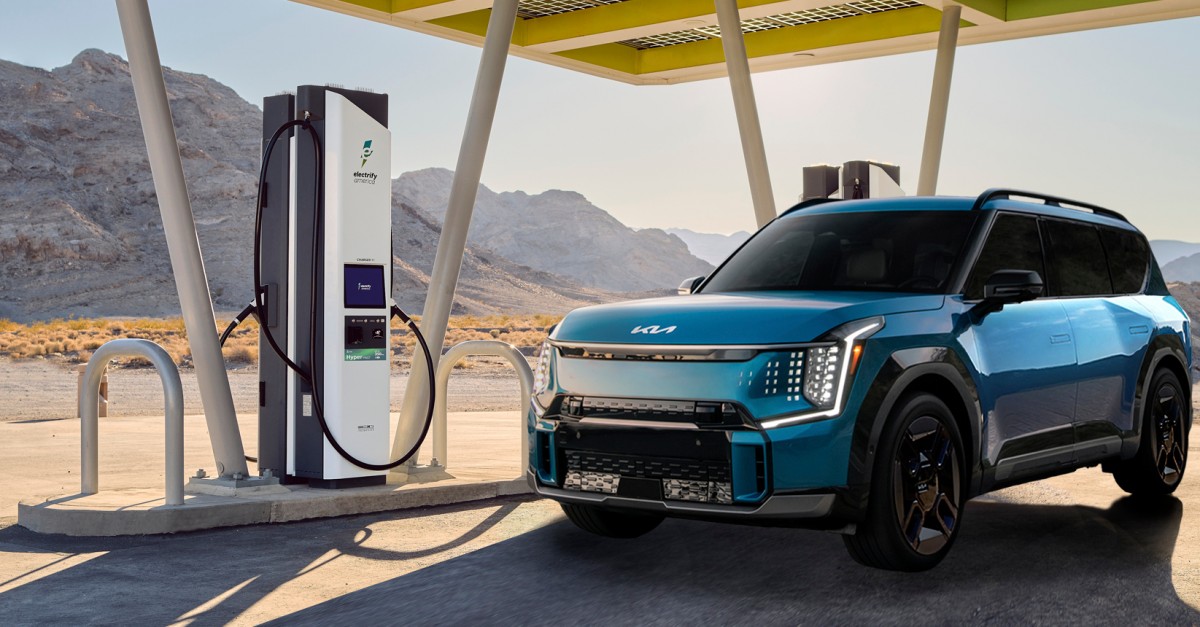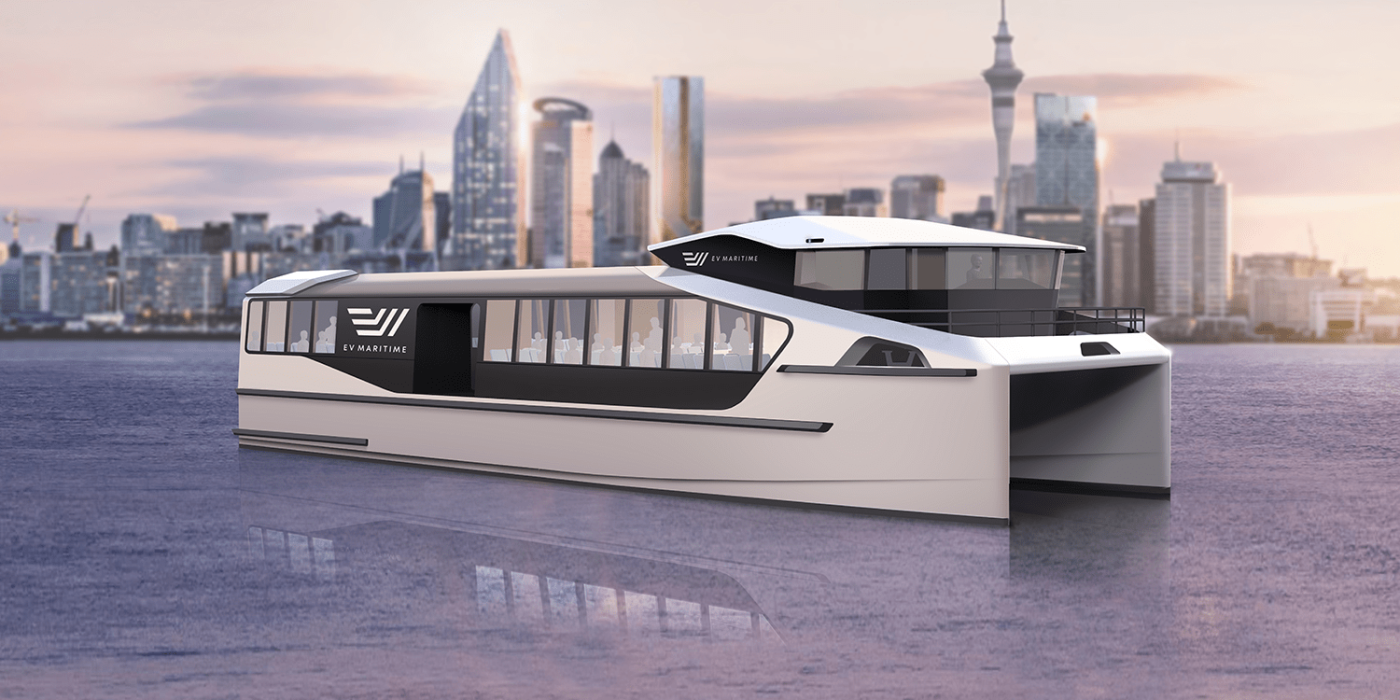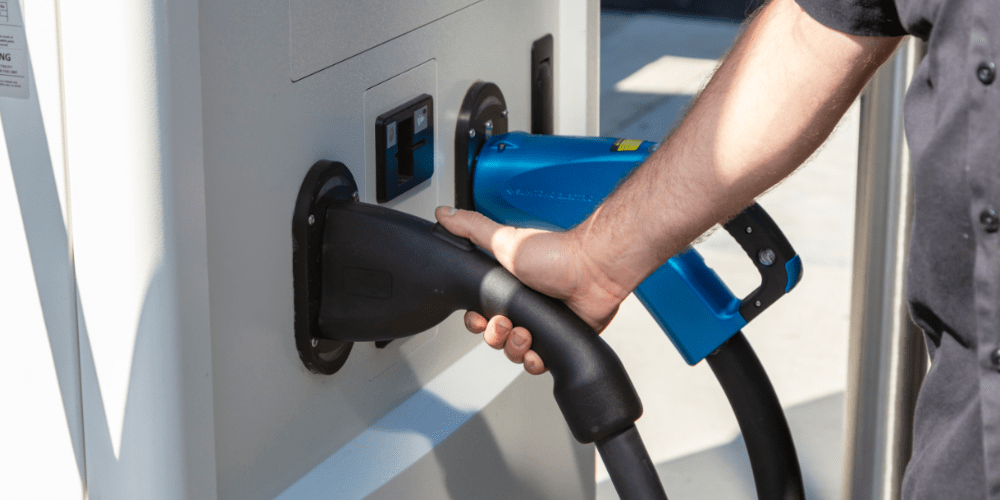Electreon has successfully finalized the construction of a wireless charging solution for parked electric city buses. The innovative solution has been implemented at a bus terminal owned by public transport operator Electra Afikim in Rosh HaAyin, Israel.
The wireless charging system enables electric buses to charge inductively without the need for plugging in a cable, allowing for continuous charging throughout the day. Electreon managed the entire project, overseeing electrical infrastructure, obtaining necessary permits, and conducting civil engineering work. Additionally, the company implemented its charging software to remotely manage and monitor the wireless charging of electric buses at the terminal.
Electra Afikim, the public transport operator, opted for electric bus manufacturers Higer, Ankai, and Sunwin, all of which integrated Electreon’s receivers into their electric buses. Higer and Ankai have successfully completed the EU approval process, marking a significant step toward establishing the wireless electric bus receiver as a standard product in the broader vehicle industry.
While Electreon claims a “world-first” for inductive charging of parked electric buses, the technological development prompting this assertion remains unclear. Competitor InductEV (formerly Momentum Dynamics) has been providing inductive charging for buses since 2018, offering a 300kW inductive charging system for buses since 2021.
Notably, Electreon’s distinctive work extends to electric road systems, including the recent launch of an electric road system in Michigan. The company is actively involved in pilot projects for electric buses and trucks on repetitive routes, demonstrating its commitment to advancing inductive charging technology. Electreon also expanded its operations into China this year.
While inductive charging is often considered when space constraints or cost considerations make traditional charging infrastructure challenging, it remains a notable innovation in the electric vehicle charging landscape. Both companies continue to contribute to the evolution of inductive charging technology, offering potential benefits in various transportation scenarios.

